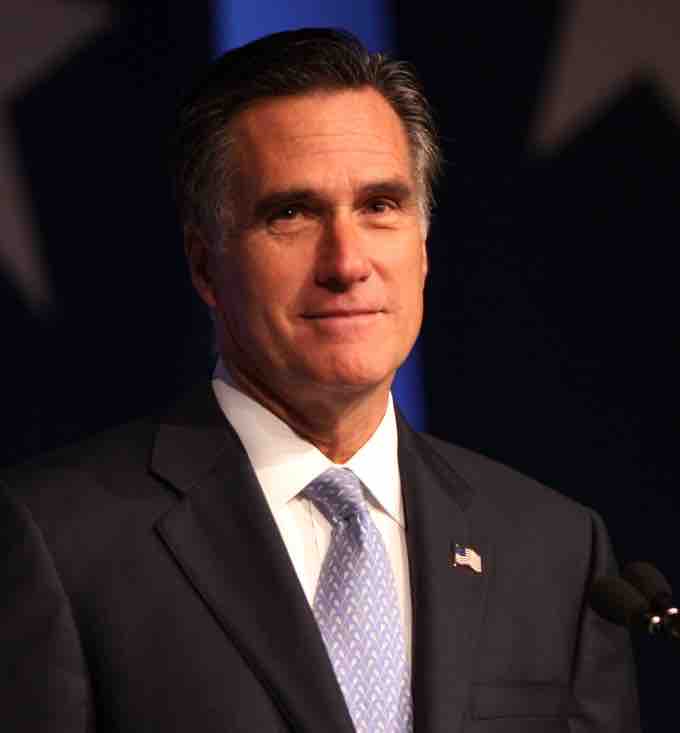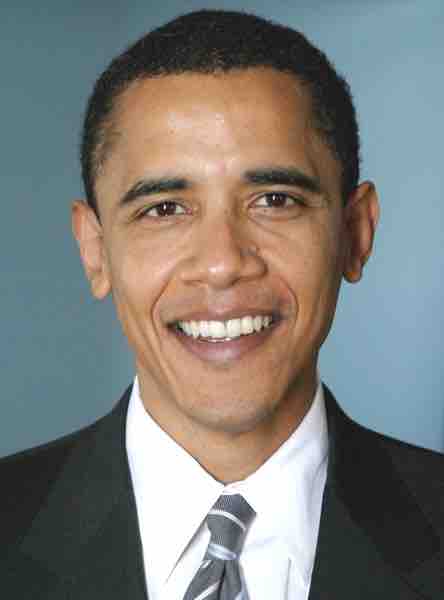Barack Hussein Obama was re-elected President of the United States on Tuesday, November 6th, 2012. He served a second term as the nation's first black president.
The 2012 presidential election was the 57th quadrennial election in the United States. The Democratic Party Candidate, President Barack Obama, sought re-election for his second and final term as president. Massachusetts Governor Mitt Romney ran as the Republican candidate.
Requiring 270 electoral votes to win the election, Obama received 303 electoral votes, while Romney earned 206. His victory was much narrower than his electoral victory in the 2008 Presidential Election against Senator John McCain. Obama carried Colorado, Iowa, Ohio, New Hampshire, Virginia, and Wisconsin, many of the often decisive battleground states in presidential elections. Obama also carried a small advantage in Florida.
In his second term, President Obama will continue to face a divided political climate, with a Democratic Senate and a Republican House, often leading to stalemate in the Congress. Obama tackled many of the large issues he campaigned about before the 2008 Presidential Election, including immigration reform. The economic crisis, the growing deficit, and America's longest undeclared war were the biggest obstacles to Obama's re-election. Days prior to the 2012 Presidential Election, Hurricane Sandy hit the East Coast, devastating many states in the Mid-Atlantic and New England regions.
Mitt Romney was highly criticized during his campaign due to his personal wealth. While he lost the popular vote by a slight margin, a much greater margin in the electoral college necessitated his loss.
The two other presidential candidates included Green Party nominee Jill Stein and Libertarian Party nominee, New Mexico Governor Gary Johnson. While unlikely, both possessed the ballot access to mathematically win the majority of the Electoral College and, accordingly, the election.
The major policy issues at stake in the 2012 election were: the Patient Protection and Affordable Care Act and health care reform; the ongoing economic crisis; tax reform; women's rights; and American foreign policy.
Nominations
The Democratic nomination was uncontested with the incumbent, President Barack Obama, running for reelection . The Republican primaries were more complex, with many different candidates winning different contests. Romney won New Hampshire, Senator Rick Santorum of Pennsylvania won in Iowa, and former Speaker of the U.S. House of Representatives, Newt Gingrich, won South Carolina by a surprising margin. Santorum suspended his campaign in April, leaving Romney as the frontrunner for the Republican nomination. Romney was officially declared as the Republican Party's nominee at the Republican National Convention on August 30, 2012 .

Mitt Romney
Governor Mitt Romney of Massachusetts was the Republican candidate for the 2012 presidential election.

Barack Obama
Incumbent President Barack Obama was the Democratic candidate for the 2012 presidential election. On November 6th, 2012, Obama was re-elected President for a second term.
Electoral College Changes and Controversies
Population changes indicated by the 2010 U.S. Census changed the apportionment of votes in the Electoral College, potentially changing the allocation of votes among swing states. Arizona, Florida, Georgia, Nevada, South Carolina, Texas, Utah, and Washington gained votes. Conversely, Illinois, Iowa, Louisiana, Massachusetts, Michigan, Missouri, New Jersey, New York, Ohio, and Pennsylvania lost votes. The change in electoral allotment shifts the allocation of votes across the Democratic-Republican divide, as pundits predicted that the Democratic Party would lose electoral votes in states previously won in the past three presidential elections, and the Republican Party would gain votes in states won by Republican candidates in the last three elections.
Some states enacted new electoral laws in 2011. For example, Florida and Iowa banned felons from voting, and various states shortened their voting periods, eliminating the option of early voting. These measures were criticized as strategies to impede voter blocs, including college students, African Americans, and Latino Americas.